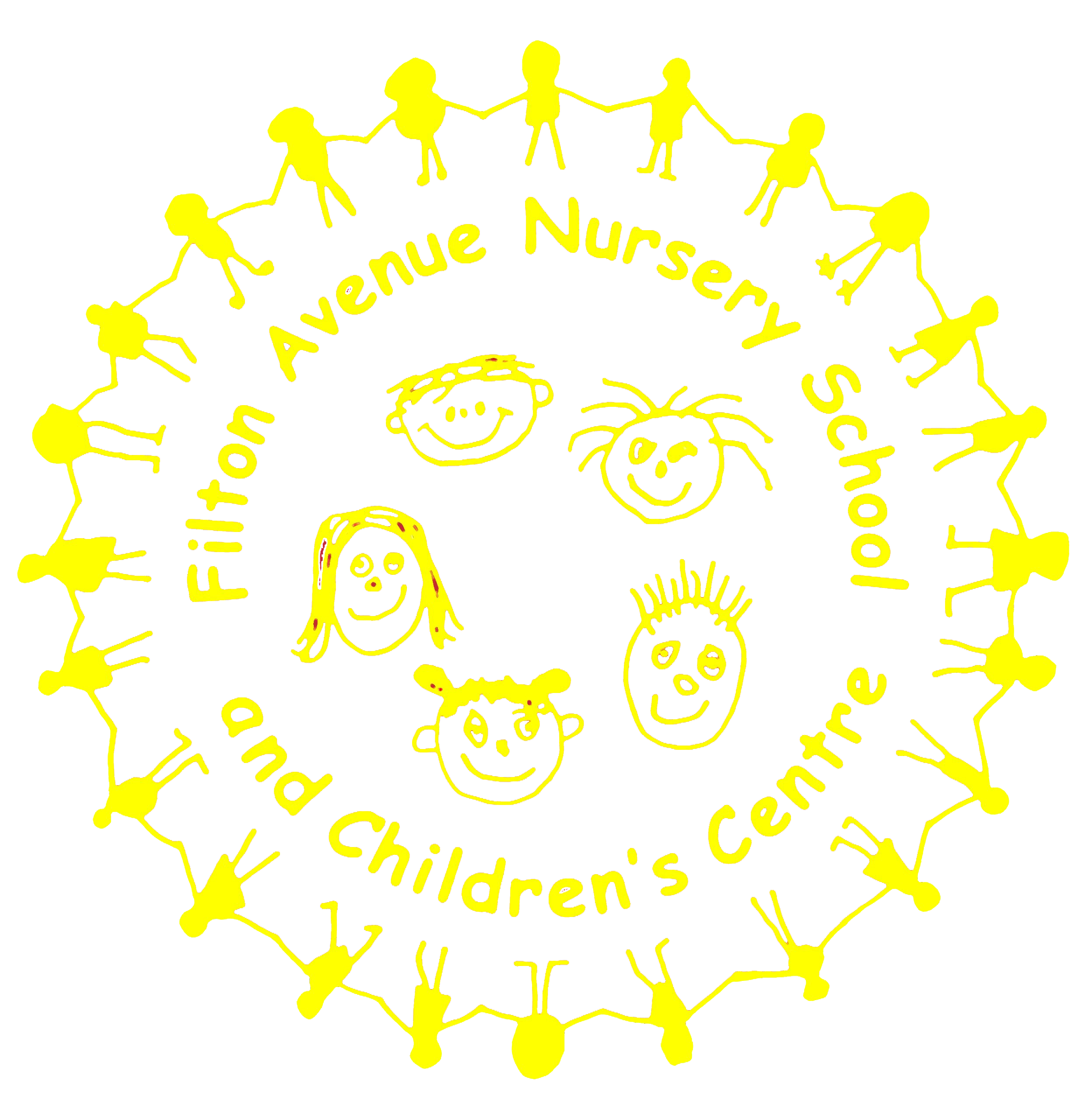We are a positive, happy, caring, learning community that is committed to:
- Welcoming and valuing all.
- Celebrating and respecting people’s differences.
- Being open minded and flexible.
- Listening to the voices of children and adults.
- Providing high quality learning opportunities for everyone.
- Working in partnership with parents and our community.
- Putting the needs and aspirations of our children and families first.
We believe that children and their parents or carers have the right to:
- Be part of a strong, empowered and aspirational family.
- Be happy, healthy, safe, resilient and confident with a positive self-identity and high self-esteem.
- Question, challenge, solve problems creatively and use their initiative.
- Work collaboratively, be a good friend and valued member of the community.
- Take responsibility for themselves, each other and the environment.
- Know their strengths and take risks.
- Be inquisitive explorers and investigators, researching and making sense of their world.
- Know their ideas will be heard and respected and that they can make a difference.
- Love learning and want to succeed in whatever they do.
Our Values
Respect
We take care of ourselves, each other, the environment and our ways of life. We are mindful of our rights and needs and those of others. We build positive relationships.
Equality and Inclusion
We celebrate individuality and diversity. We treat people fairly. We recognise every person in our community is a unique human being with unique life experiences that contribute to a rich learning environment. We have a willingness to understand and connect with each other. We challenge our own thinking and that of others in relation to equality and inclusion.
Emotionally safe environment
The Centre is a calm and nurturing environment where everyone trusts that they will be supported and have their feelings validated. We recognise the importance of being resilient and enabling everyone to have the courage to learn new ways, take risks and cope with challenges.
Communication
The Centre recognises the equal importance of verbal and non-verbal communication. We are committed to ‘active listening’ using all our senses to interpret the meaning of what people are expressing. We are mindful of the language we use and the impact it has on each other.
Authenticity
Being here enables us to be ourselves. We are aware of our own feelings and give genuine, honest and compassionate responses to others.
Creating a place that says ‘you matter’.
Strategies that support our values
Respect
We let everyone know that the Centre belongs to our whole community.
Adults model using positive behaviours and language, active listening and social interaction giving ourselves and others time to stop and think.
Negotiation skills are learnt through Conflict Resolution and ‘Social and Emotional Aspects of Development’ (SEAD) approach. We recognise that these approaches and principles are a way of being and underpin our behaviour policy.
Equality and Inclusion
Thinking is challenged to understand and embrace differences in gender, language, culture, ethnicity, religion, special needs and disabilities.
Home visits and Family Support help us understand the unique ‘family culture’ of every child and family within the setting.
The child’s voice is heard using words, symbols, Makaton, non-verbal language and the expertise of language support staff.
Diversity is acknowledged through the celebration of festivals, books and other resources, displays and Learning Diaries.
Emotionally safe environment
We have clear boundaries and a consistent daily routine.
Quiet spaces are available to withdraw to if necessary. The calming effect of music is recognised.
We appropriately express and make sense of our emotions by using 1:1 support within our key person approach.
Emotional literacy is extended by naming and exploring words, symbols and social stories.
We allow ourselves and others to have the courage to explore different ways of problem-solving by being allowed to ‘give things a go’ and make mistakes.
A consistent approach adopted through the use of conflict resolution.
Communication
We have an ‘open door’ policy. We greet parents/carers and children positively every day, both at the front door and in each room.
We show that we value each others’ contributions through active listening and turn-taking in conversation.
Letting people know when we have understood them.
Responsive
We communicate through positive body language, gesture, facial expressions and eye contact when appropriate.
Positive language specifies what we want children to do rather than what we don’t want them to do. For example; ‘Jump from here, the ground is soft.’ We provide reasons where appropriate. For example, ‘I am worried that you may hurt yourself on the hard step if you jump from there’.
